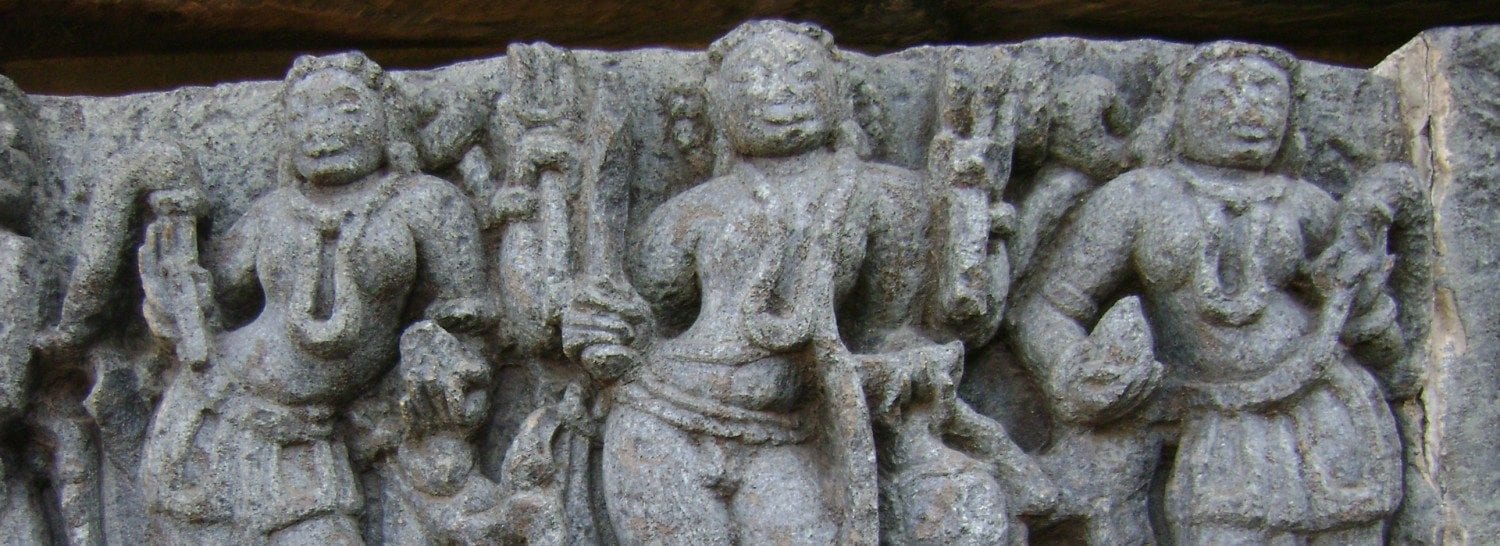By: Matt McDonald, Edward Newberry, Melissa Gladden
Air India announced Monday they would only be serving vegetarian meals for domestic flights in attempt to cut costs. However, the announcement was responded to with “an uproar on social media.” The plan to stop serving meat to domestic passengers follows suit with a growing “wave of religious nationalism sweeping the country.” The problem arises within the country’s minority populations such as Muslims who see these new acts as discriminatory. Air India representatives have held fast to their initial response that it was a business decision. The airliner is already in debt $8 billion, which has led to “government approved plans last month to privatize.” Still, opposition to the meal changes state that the cost saved are not nearly enough to be considered substantial. They, the non-Hindus, see this as another act similar, granted far less severe, to meat-eater muslims getting lynched.
While Air India made the switch to vegetarianism under the guise of cutting costs, many feel like it’s a move towards further alienating the minority religious groups. Many also see the change as a method to nationalize the country as Hindu. Tensions have been high for many years in India as the rise of the BJP party has come along with anti-muslim rhetoric. They have run on a strongly religious platform and have continued to pursue the interests of Hindus and not the country as a whole. This move by Air India will heighten the feeling that the country’s central institutions do not represent them. This move was coupled with numerous attacks on Muslims for their meat-eating practices so the current tensions in India are at a high.
This article speaks to the primarily vegetarian society of India and its roots in the religions that have shaped its culture and history: Buddhism, Hinduism, and Jainism. Each of these religions place value on the idea of keeping karma at bay. For these three religions, the concept of ahimsa—non-harm—is crucial in keeping the soul free of karma, which bonds the human soul to the cycle of rebirth/redeath. Thus, when one kills or harms another creature—no matter how big or small—his karma increases and his soul becomes tarnished, further tying him to the cycle of rebirth and redeath. Thus, those who practice this religion prefer to maintain a purely vegetarian diet as to avoid killing animals for food. Ideally, if one can avoid killing or harming things for their entire lives, they may not have to be reborn into the next life.
The concept and value of vegetarianism in India stems from the Vedic value of cows—a primary and easily produced source of meat in other non-vegetarian nations. In Vedic times, just after the fall of the Indus River Valley civilizations, cows were valued because they offered sustenance to civilizations and became metaphorical representations of motherhood. In many pieces of art and religious mythology, the key god Krishna is portrayed amongst a herd of cows, which represent him looking after the animals that often take care of society selflessly through giving their very flesh and milk. Cows represent motherhood in allegory through the very act of giving milk, which is linked to motherhood not only because a cow must give birth to produce milk, but because they give milk to take care of the people, who are symbolically their children. Scholars believe that over time the value of this animal expanded to a sacred level as people began to believe that there is a need to give life back to the cow as the cow once gave life to them.
“Switch to Vegetarian Food on Air India Causes an Uproar” New York Times, July 10, 2017.

